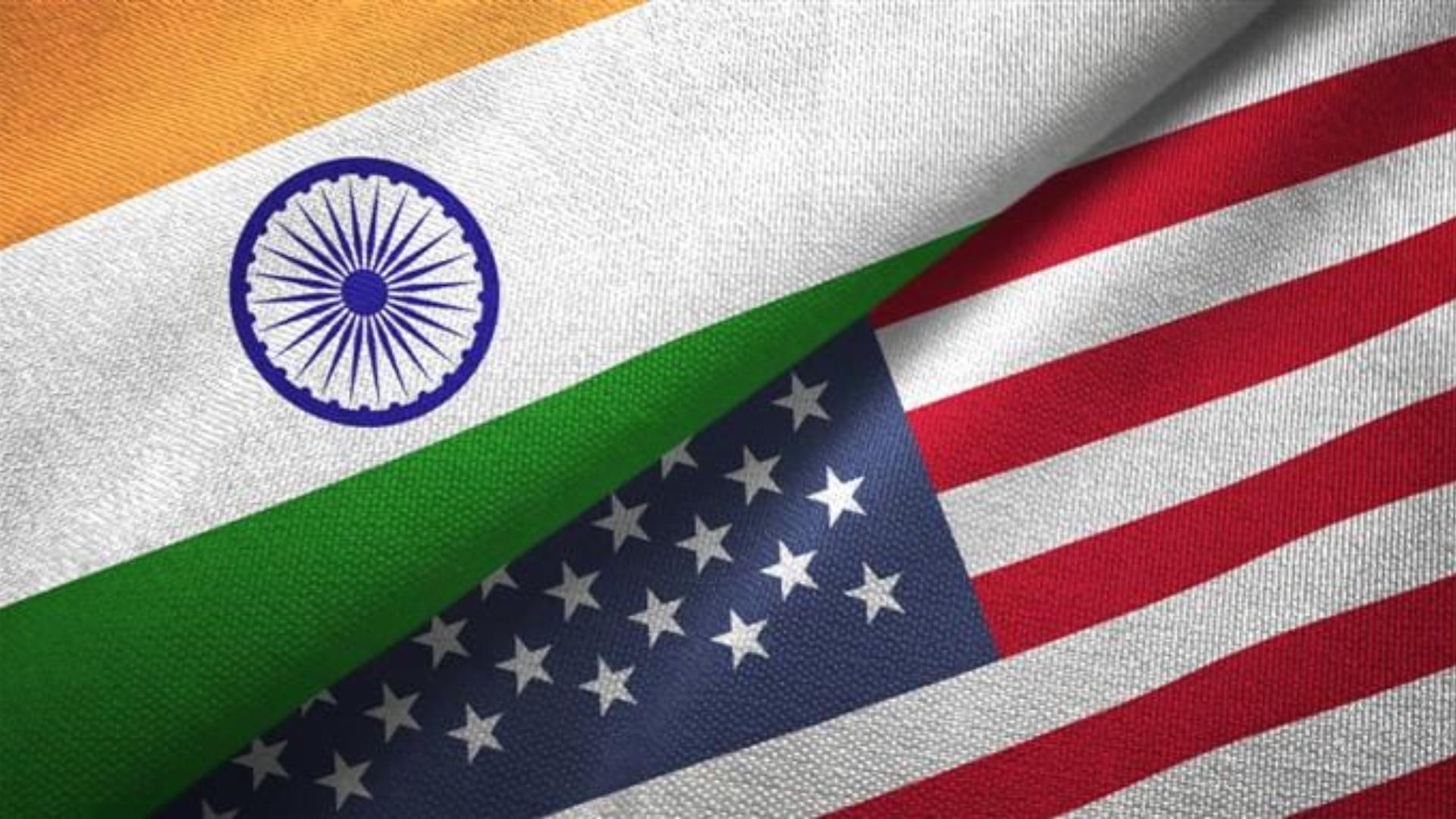


Lloyd Austin, the US Secretary of Defense, praised the recent US-India partnership, highlighting it as groundbreaking. He emphasized the significance of joint ventures between the two nations, particularly in the production of jet weapons and armored vehicles, which are expected to significantly enhance India’s capabilities.
The collaboration on jet engines was unveiled during Prime Minister Narendra Modi’s visit to the US in June of the previous year. This deal involves General Electric (GE) and Hindustan Aeronautics Limited (HAL) working together to manufacture fighter jet engines for the Indian Air Force, as outlined in a memorandum of understanding.
Austin’s comments were made during his testimony to a Senate panel regarding the 2025 budget. He emphasized the positive impact of US-India partnerships on interoperability and the ability to respond effectively to various challenges.
“We have a great relationship with India. We recently have enabled India to produce jet weapons in India. That is kind of revolutionary. That will provide great capabilities to them. We are also co-producing an armored vehicle. All of these things when you add them up, are probably more than what we have seen in half of that region in a very long time,” Austin told lawmakers.
He stated that all of this “promotes interoperability.”
“They all promote helping increase our ability to respond to a number of different things. Again, these are meaningful things that most of us are not aware of. We have made tremendous progress, and we will continue to do so,” he added.
In earlier announcements, US GE and HAL had entered an agreement to jointly produce engines in India for Indian fighter jets. Additionally, the Biden Administration informed Congress about a substantial arms sale, including MQ-9 B drones armed with Hellfire missiles, reinforcing the strategic relationship between the US and India.
The Defense Security Cooperation Agency highlighted India’s role in promoting stability, peace, and economic progress in the Indo-Pacific and South Asia region, underscoring the importance of continued collaboration between the two nations in defense and security matters.